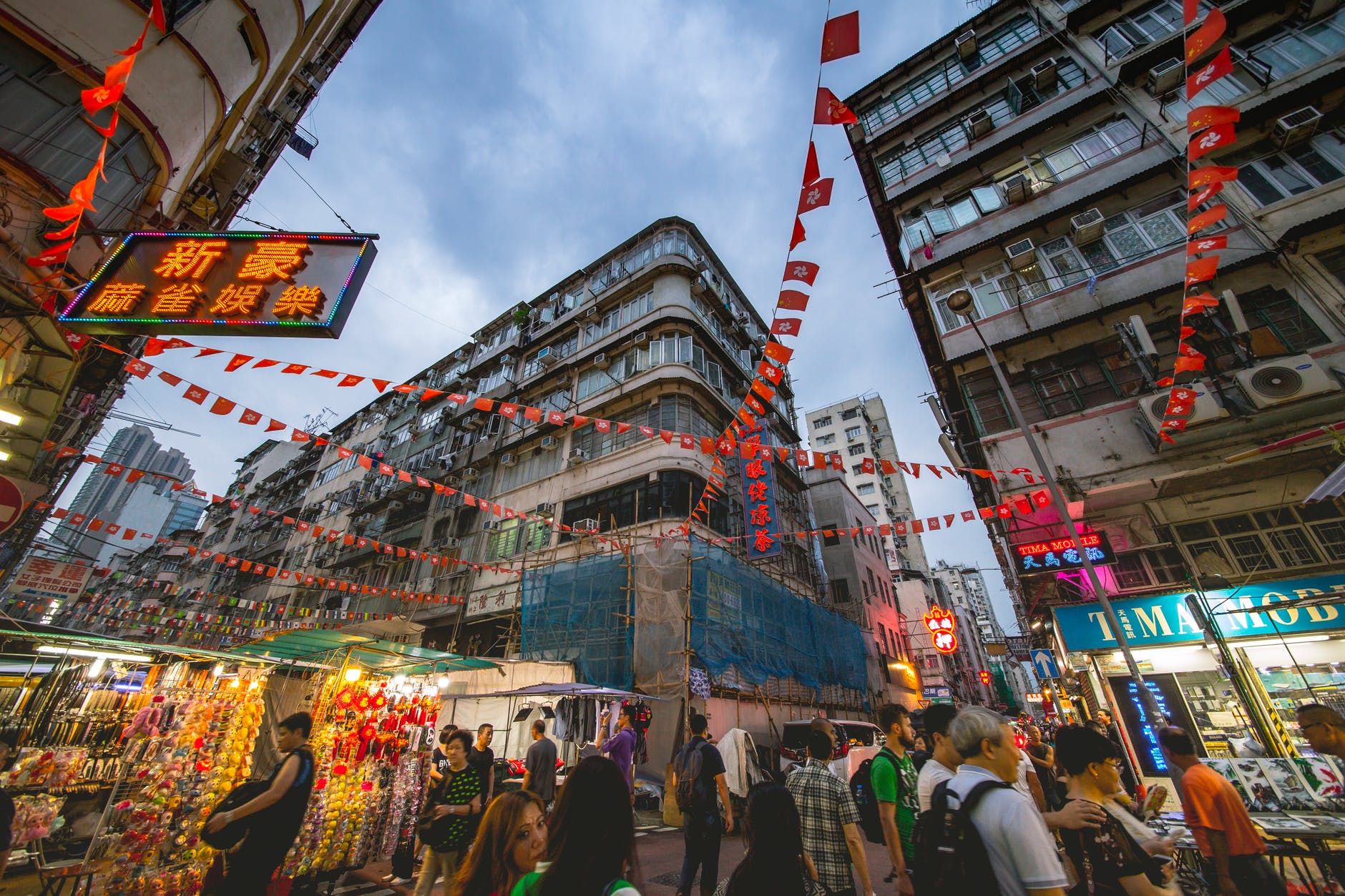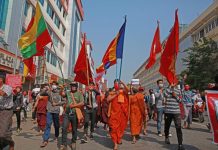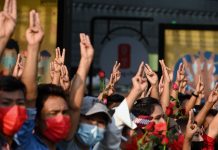
China passes feared national security law for Hong Kong, according to a member of the Standing Committee of China’s National People’s Congress.
The top decision-making body in China’s parliament pushed for the passage of the controversial legislation.
Tam Yiu Chung, the only Hong Kong delegate to the committee, confirmed that China passed the national security law. Reuters mentioned Cable TV stating the law was passed unanimously.
The passage took place a day before the anniversary marking Hong Kong’s handover from the UK to mainland China on July 1, 1997.
Hong Kong, a former British colony existing under the “one country, two systems” framework, enjoys liberties that the mainland does not have. These include limited election rights and a separate legal and economic system.
According to critics, the new legislation will erode the autonomy placed on the special administrative region for 50 years after the handover or until 2047. However, there is no clarity on the result when the policy ceases.
According to the Chinese government, the legislation aims to prevent secession, terrorism activities, subversion of state power, and foreign interference. The legislation was proposed during China’s annual parliamentary meeting in late May and sparked protests in Hong Kong over fears that the city’s liberties would wane.
Premier Li Keqiang, the country’s second-in-command, previously said that the decision to carry out the law was “designed for steady implementation of ‘one country, two systems’ and Hong Kong’s long-term prosperity and stability.”
In her statement in May, Hong Kong leader Carrie Lam said that the rights and freedoms of the public will still be intact. She explained that the national security law “aims to prevent, curb and sanction an extremely small minority of criminals who threaten national security, safeguarding the prosperity and stability of Hong Kong and maintaining ‘One Country, Two Systems.’”
“It will not affect the legitimate rights and freedoms enjoyed by Hong Kong residents. ‘One Country, Two Systems’ has been Hong Kong’s top advantage, and a stable and safe society will provide a favourable business and investment environment,” her statement read.
Eurasia Group believes that the passage of the law before the anniversary of the handover could hint that Beijing aims to “clamp down on protests far ahead” of Hong Kong’s elections in September. If the law was passed before the annual march on July 1, it could place new legal risks on demonstrators and “further sap momentum from protesters,” Eurasia said.
“A lot of groups will be thinking twice about their behavior for tomorrow,” Natasha Kassam told CNBC’s “Street Signs Asia” on Tuesday. “The law will have a deterrent effect even though we don’t actually know the contents of it yet. And in that sense, I think Beijing will consider this to be a success story, at least in the short term.”
Global reaction
World leaders have also reacted to the national security law in Hong Kong.
US Secretary of State Mike Pompeo said that “China is modelling Hong Kong after itself.”
“No reasonable person can assert today that Hong Kong maintains a high degree of autonomy from China, given facts on the ground,” Pompeo said in a statement.
In a joint statement, the US, UK, Australia, and Canada said they have “deep concern” regarding the national security law imposed on Hong Kong.
“Hong Kong has flourished as a bastion of freedom. The international community has a significant and long-standing stake in Hong Kong’s prosperity and stability,” it said.
Germany’s Foreign Minister Heiko Mass emphasized that “Hong Kong’s autonomy must not be undermined.” In his statement, he clarified that this was a stance shared by the European Union.






